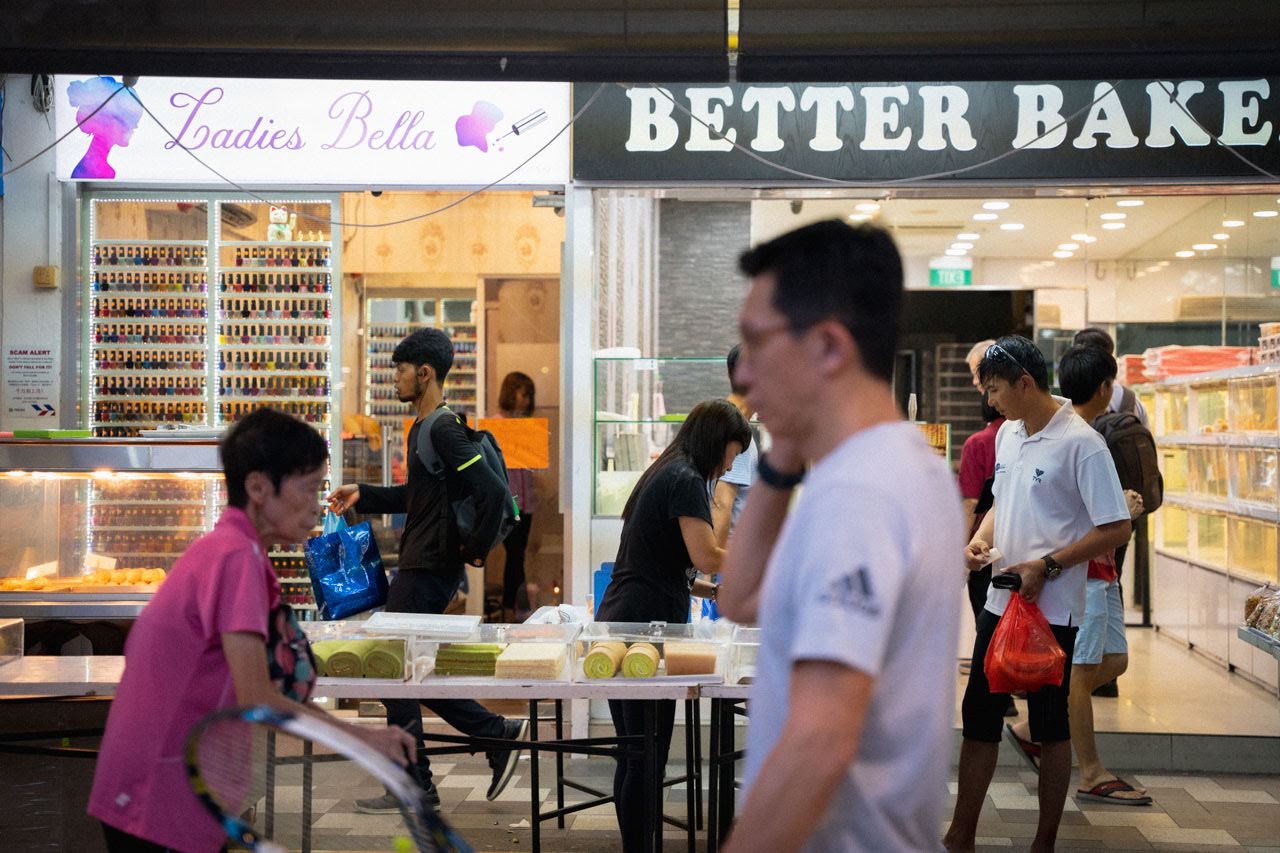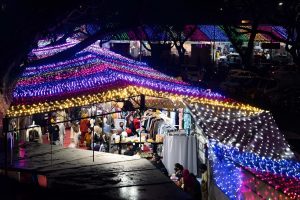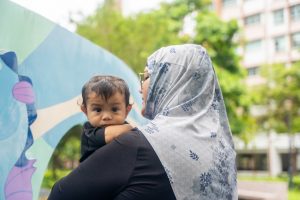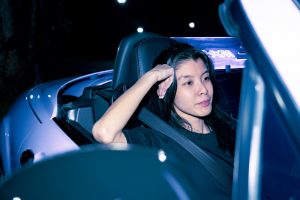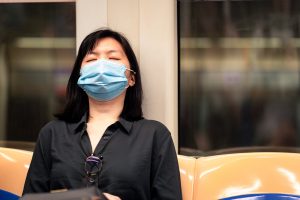For the first time in my 29 years in Singapore, I am disturbed and baffled by a strange reversal. I think the Singapore government has been too liberal, and my head is filled with a longing for top-down, blanket control.
Given that I’ve generally stood on the side of Singaporeans who have advocated for greater liberty, this feels like I’ve broken rank. The cognitive dissonance is keeping me awake at night. I wonder if I’ve finally given up on my ideals. Resistance is futile. I’ve finally assimilated.
But there is a reason for this madness.
Yet, another month has passed in Singapore, in which we are living in a bizarre, liminal space as the rest of the world reels from the pandemic, and more countries go into lockdown.
Singapore has hit 1,000 Covid-19 cases as of this week and there have been four deaths so far. And yet, at the time of this article’s publication, National Development Minister Lawrence Wong only clarified that normal life during a pandemic means “stay at home as much as possible.”
So, no. The government is not imposing a lockdown. We’re supposed to lock ourselves indoors instead.
But we’re not doing it. We’re drifting in that liminal space instead, irritating Lawrence Wong, and endangering ourselves. You know what I’m referring to. Because you and I probably passed each other—socially distanced—in that undefinable space.
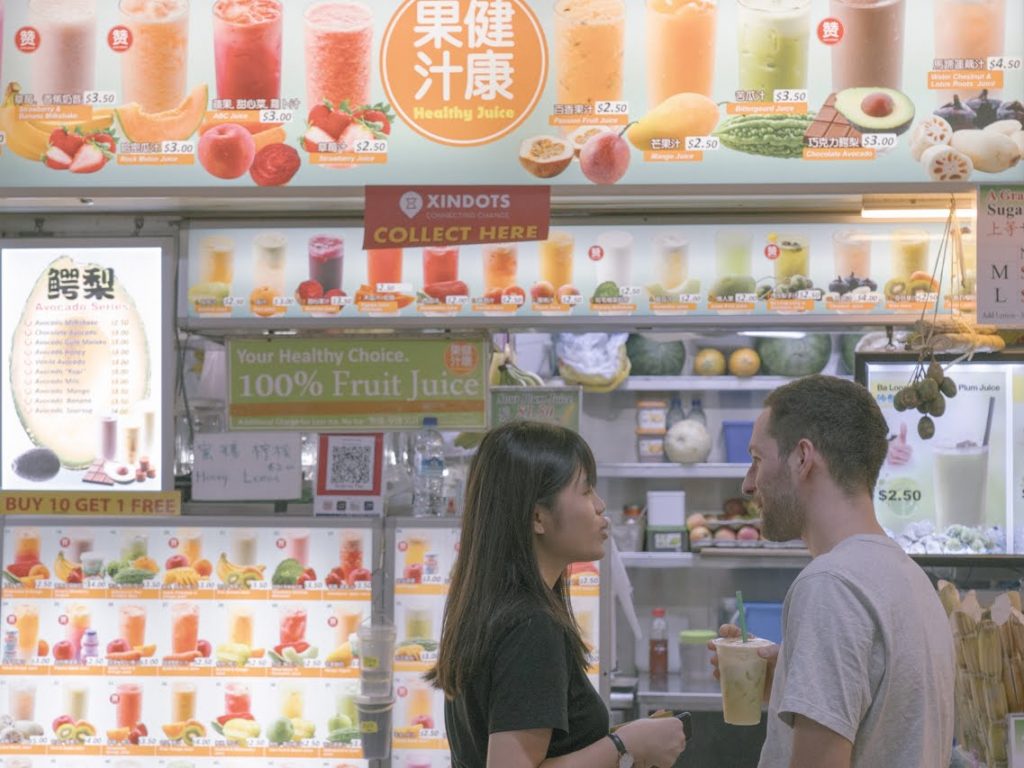
So how does a day with these opposing thoughts banging about in your head like a caged animal look?
Maybe you went to your favourite hawker stall to pack food for lunch, but stayed and ate there.
Then you made a quick run to the shop nearby to get kitchen towels and bread (there’s already a loaf at home). You almost lined up at your local Singapore Pools outlet to buy 4-D. But then you decided to be socially responsible and went home (a lottery win would be good though, especially now).
Maybe you waited in that “x marks the spot” box outside a mall with a Guardian Pharmacy because you need to replenish your home medical kit (not really).
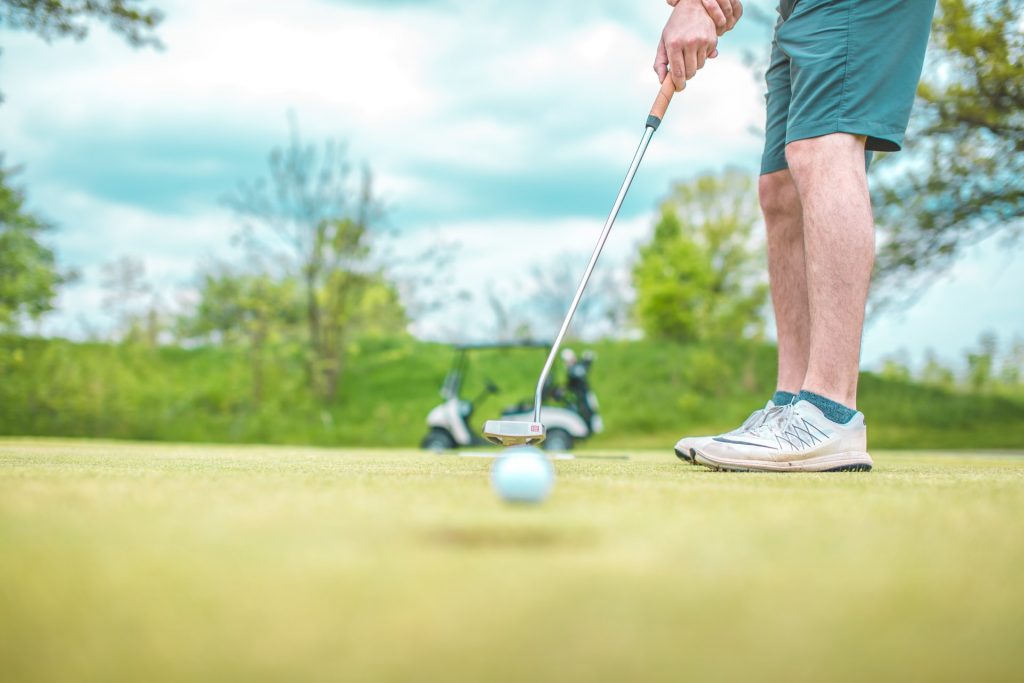
We’re contradicting ourselves at every turn, and we’re resolving the discomfort we feel by telling ourselves that Singapore is the safest place in the world to be in during a pandemic.
None of this is hyperbole.
Barbara Streisand agrees. WHO chief Tedros Adhanom Ghebreyesus said so. Singapore’s expatriates love us because they would basically be in purgatory if they were anywhere else in the world right now. We have lessons to teach the world about the way we handled the early phases of the outbreak of Covid-19.
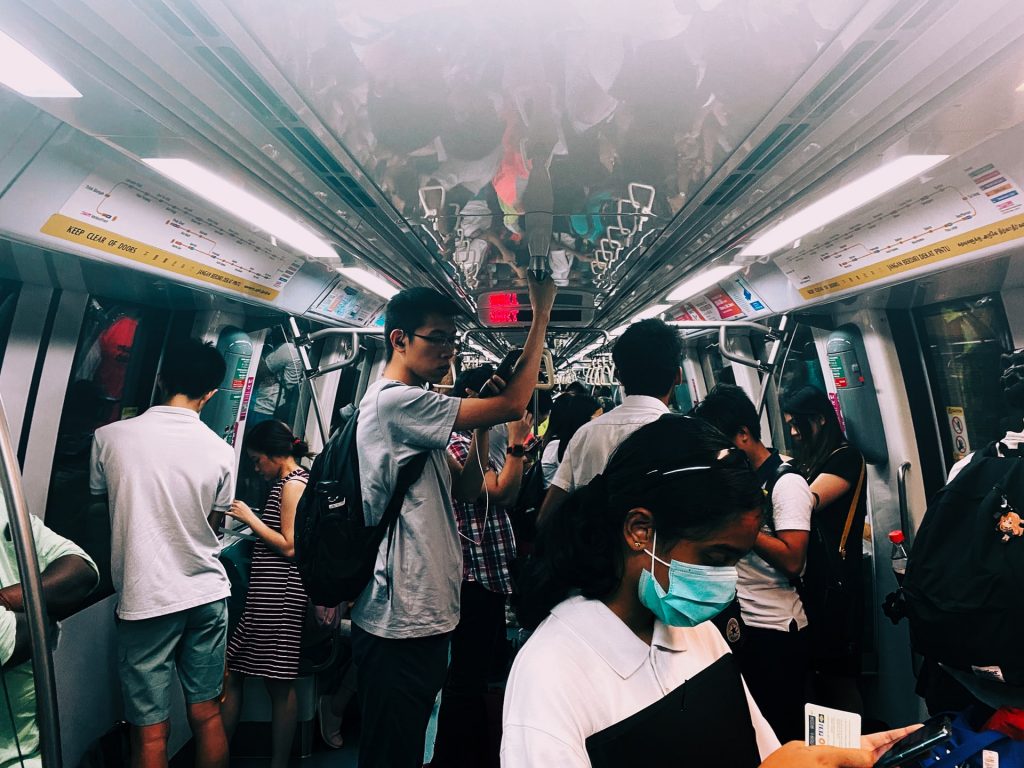
Why? Because a lockdown based on fear is not how Singapore does things.
Wait, what? We don’t operate on fear? More dissonance.
Having lived in Singapore for so long, it feels a little like I’ve been chaperoned my entire life by a quasi parent-teacher figure. And now my chaperone has dropped me into a reality TV show in which some people might have Covid-19 and others might not, and the goal is to live a normal life, but not get sick.
I’d really rather be chaperoned and have my movements restricted—a thought that deeply disturbs me. At the same time, I love not being in lockdown.
This cognitive dissonance has been swirling with equal parts envy, appreciation, and confusion to make a heady, unpalatable cocktail.
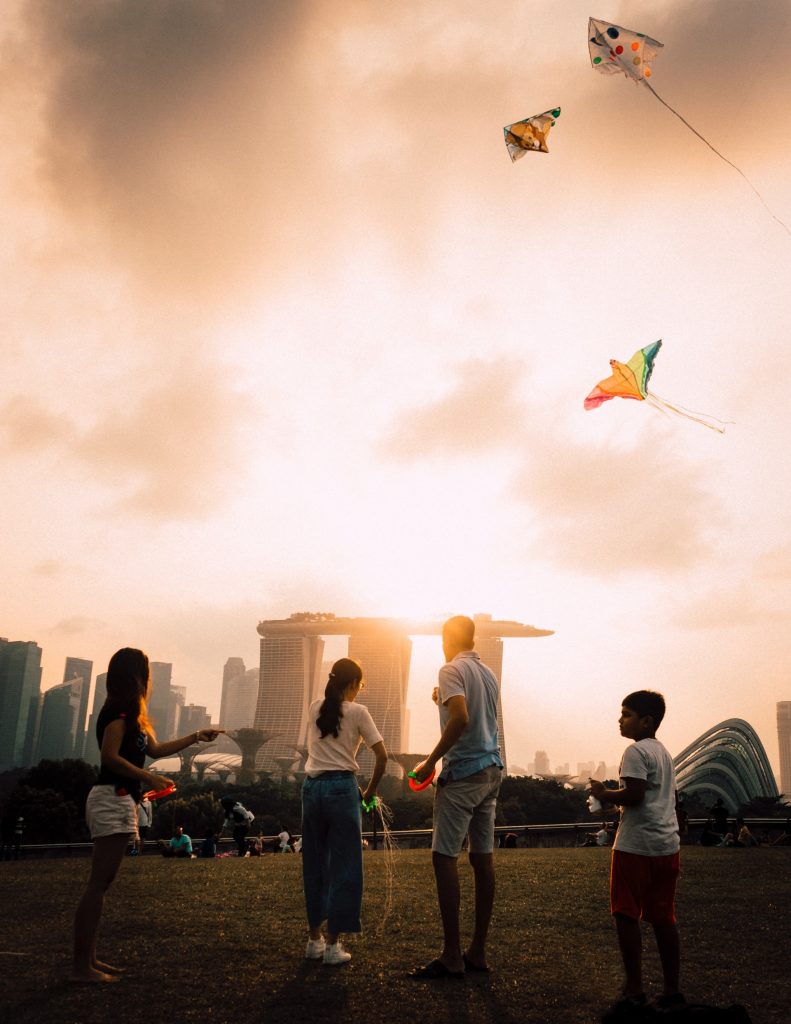
In a total lockdown scenario, everyone will more or less be miserable (yes, even the introverts). In a “semi-lockdown” scenario, which is how we might describe the current situation in Singapore, people who have always been a little more anxious and prudent, will err on the side of caution. And the rest will just get on with their lives.
I envy the ones getting on with their lives with aplomb.
You know the kind: they’re still socialising, staying fit, and taking their kids to parks. Who are these people with their relentless optimism? And how can you not envy people who propagate the idea of a good life during a pandemic?
Aren’t we meant to be struggling in the soup of uncertainty as a collective?
But this kind of thinking (wishing people would just be miserable) fundamentally goes against everything I know of myself. People should find ways to be optimistic and even happy at this time.
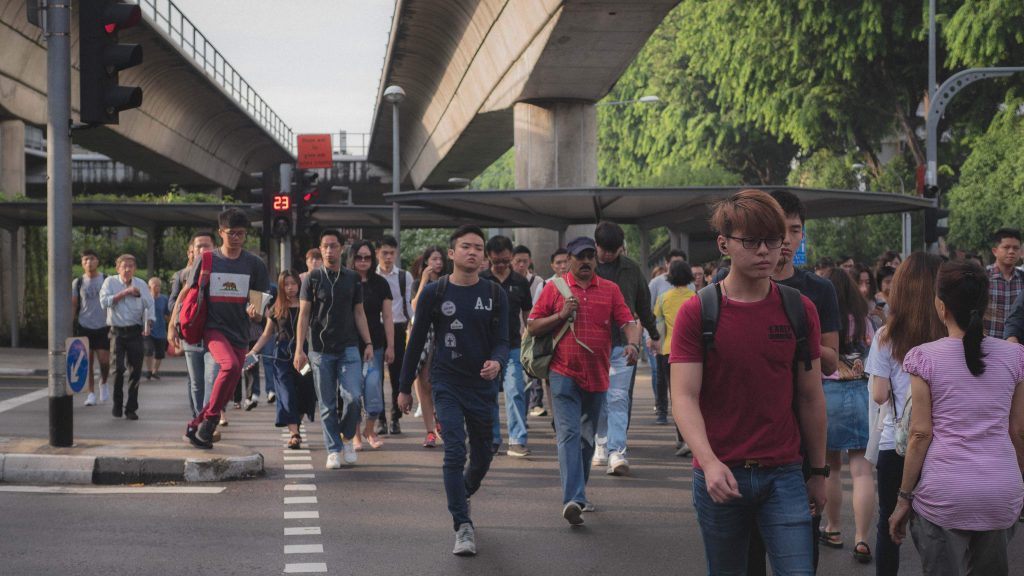
After nearly three decades of accepting Singapore’s unique form of governance, I’m flummoxed that of all times, we are being given the agency to decide what constitutes an “essential” activity outside our house now.
Go forth residents of Singapore. Exercise your discretion during a pandemic.
Essential activities might include: purchase toilet paper, purchase fresh vegetables, go for a walk, buy a dress, do minor renovation in your home, have a playdate for your kids, visit relatives, go on a dinner date with your significant other, drink beer at a restaurant or hawker centre with your friends, go to the specialist to get more of your cholesterol medication, go for a swim, go to the physiotherapist, go for a hike, go do something.
Are all these things equally important? It depends on who you are asking.
And so I’ve also begun to wonder, guiltily, who has the right to exercise discretion and still lead a good life during tough times.
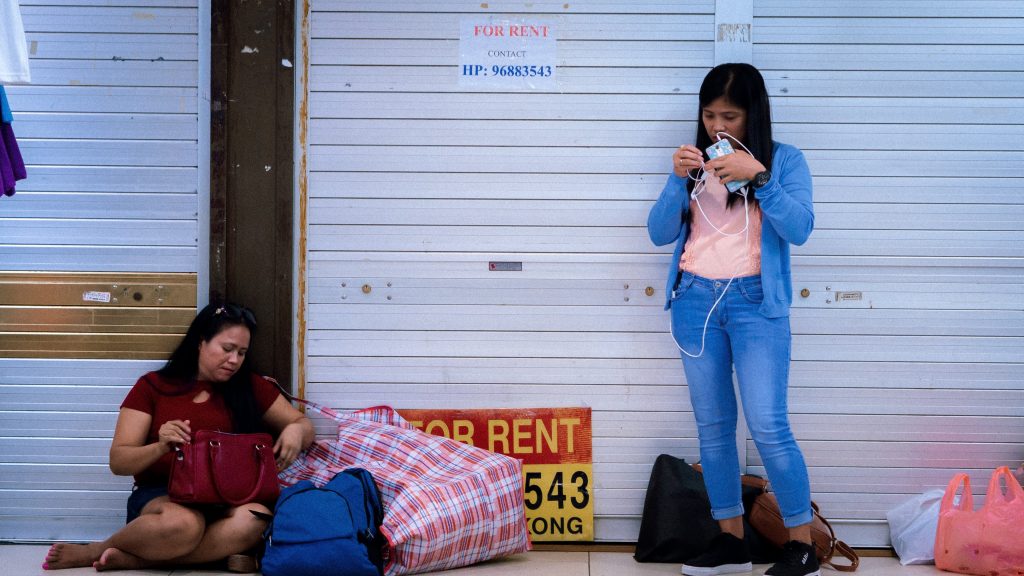
This has brought up a slew of complaints because domestic workers may have to hole up in storeroom sized rooms in their employers’ homes, just to have the one rest day a week they’re legally entitled to. It sounds a bit like a Stay-Home Notice.
But I digress. Let me end this on a note of guarded, calibrated appreciation.
Our economy is in for a massive downturn, no matter what we do. DPM Heng Swee Keat has said we will experience the “worst economic contraction since independence.” We’re not alone. China is expecting economic shock, bankruptcy and job losses. The US and European Union economies could take several years to recover. On and on it goes.
We are, in a word, doomed.
So enjoy this brief sliver of liberty (because it will be brief) during the apocalypse and try to win the game you’ve been airdropped into by staying healthy.
Just don’t line up outside malls or gather in groups of eight in your club. Don’t squander the small freedoms that have been tossed your way. Because then all you’ve done is prove that you deserve to be surveilled, regulated and corralled straight into a lockdown.
